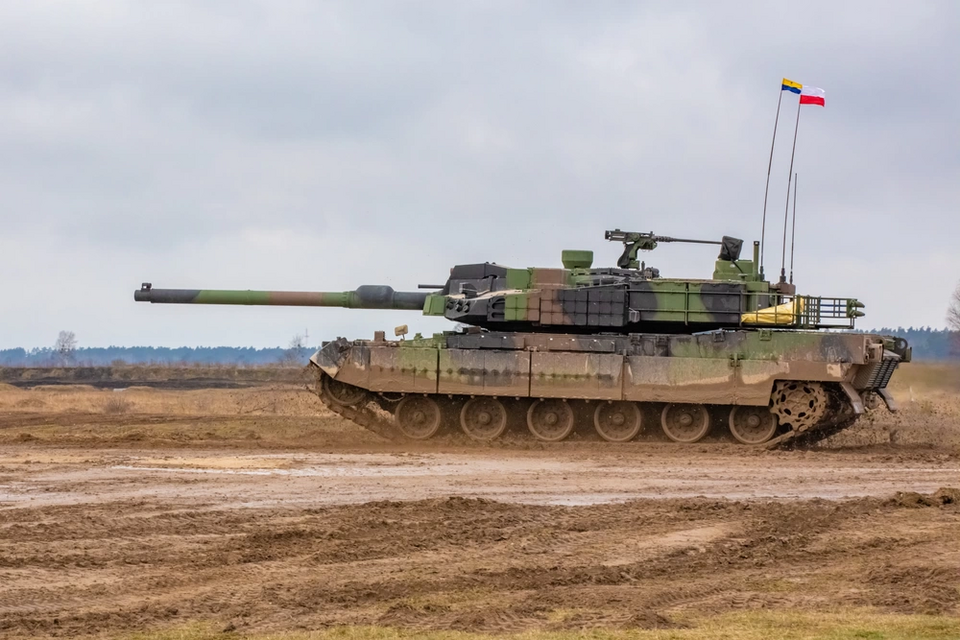
Germany, Italy, the UK, and France currently possess a combined total of 950 tanks. However, by 2030, Poland is set to exceed that number, positioning itself as a European tank powerhouse—
surpassed only by Greece and Turkey within NATO. This development follows Poland's latest agreement with South Korea to purchase an additional 180 K2 Black Panther tanks.
The €6 billion deal marks another significant step in Poland’s ongoing military buildup, a response largely driven by the war in Ukraine and persistent tensions on the Belarusian border since 2021.
Poland now allocates 4.7% of its GDP to defense—the highest percentage of any NATO member.
“This is a landmark agreement for our national security and defense industry. It initiates the process of reviving domestic tank production,” said Deputy Prime Minister and Defence Minister Władysław Kosiniak-Kamysz in a statement on X (formerly Twitter).
Once the new contract is fulfilled, Poland’s tank fleet will reach 1,100 units, including 61 tanks to be manufactured domestically.
In comparison, the UK, Germany, France, and Italy collectively field 950 tanks. Within NATO, only Turkey, with 2,238 tanks, and Greece, with 1,344, will operate larger fleets than Poland.
Poland’s strategic partnership with South Korea began in 2022, when then Defence Minister Mariusz Błaszczak hailed the collaboration as a “win-win” for both nations. Besides tanks, Poland has acquired K239 Chunmoo multiple rocket launchers, FA-50 light combat aircraft, and K9 self-propelled howitzers from South Korea.
Additionally, Poland has strengthened its military ties with the United States, purchasing Abrams main battle tanks, Apache attack helicopters, HIMARS rocket artillery systems, and Patriot air defense systems. Earlier this year, US Defence Secretary Pete Hegseth lauded Poland as a “model NATO ally” during his first official visit to the country.
The latest agreement with South Korea also covers 81 support vehicles, comprehensive logistics and maintenance training, a service and repair framework, and a technology transfer to boost Poland’s domestic defense manufacturing capabilities.
The deal was symbolically signed on the 81st anniversary of the Warsaw Uprising. During the signing ceremony, Defence Minister Kosiniak-Kamysz paid tribute to the heroes of the Uprising, emphasizing that the contract honors their legacy and sacrifice.
“In their memory, and inspired by their courage, we sign this agreement today,” Kosiniak-Kamysz declared.
“I am proud of this achievement, and grateful that together we are building a stronger, safer, and more prosperous Poland.” Photo by Staff Sgt. Matthew Foster, Wikimedia commons.



































